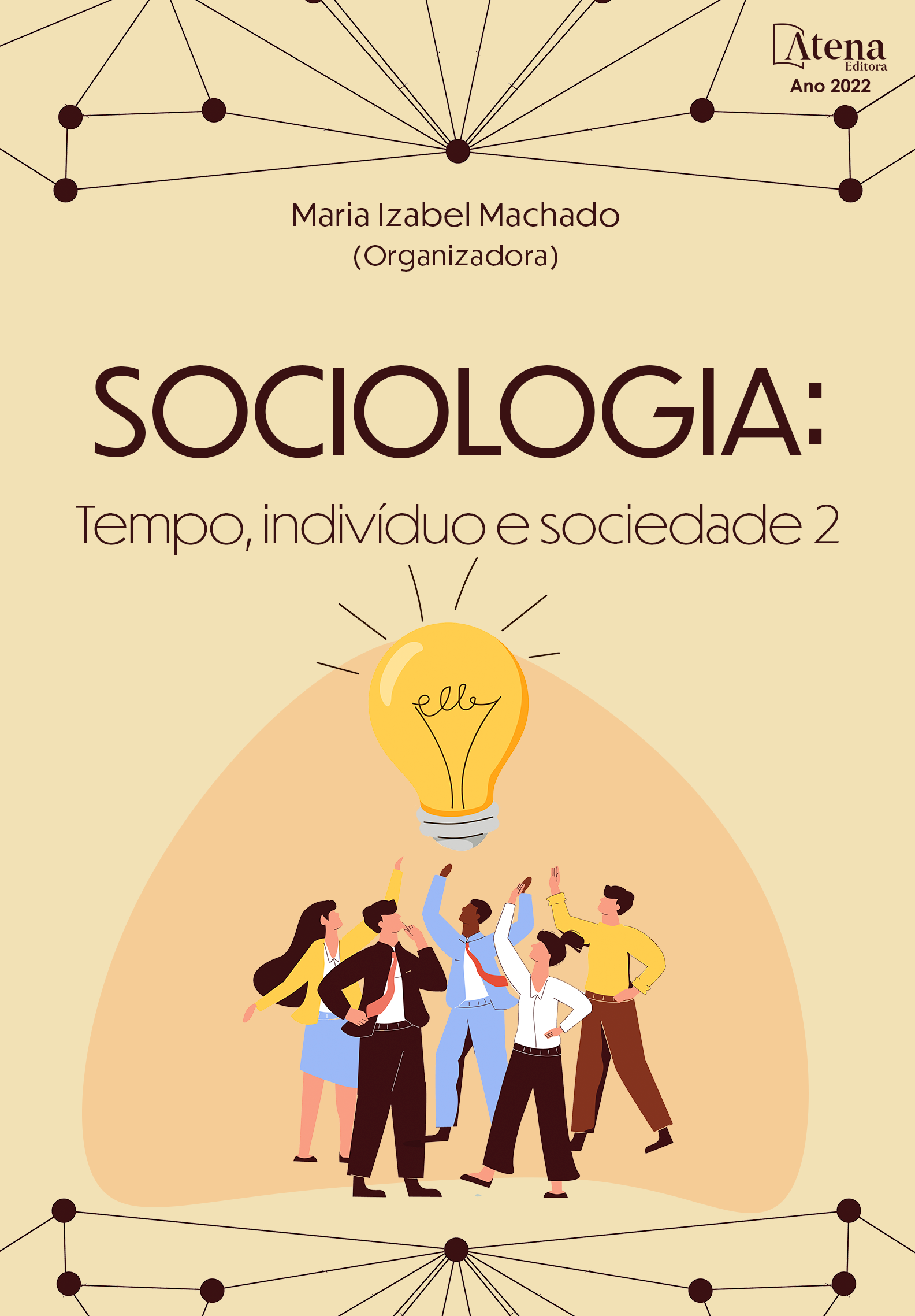
MIGRAÇÃO E PERTENCIMENTO: estratégias migrantes na construção do sentido de pertença
O texto apresenta os dados recolhidos na pesquisa realizada para a elaboração da tese de doutoramento intitulada “EM CASA, FORA DE CASA: estratégias comunicacionais na construção do sentido de pertença”, defendida no Programa de Estudos Pós-Graduados em Comunicação e Semiótica da Pontifícia Universidade Católica de São Paulo – PUCSP. No artigo são apresentadas as características e a realidade próprias dos entrevistados, bem como as respostas referentes ao objeto específico deste estudo, qual seja, as estratégias comunicacionais empregadas pelos informantes. Conceitos como identidade (ORTIZ, 2003), tradição (BHABHA, 1998) e modernidade (HALL, 1999) associam-se às ideias de convergência (JENKINS, 2009), mestiçagem (PINHEIRO, 2009), cultura[1] das bordas (FERREIRA, 2010) e sentido de pertença (SANDOVAL-GARCÍA, 2008) para formar a sustentação teórica que conduz à análise dos dados, em diálogo com as teorias. Como corpus, definimos trabalhar com quatro grupos de imigrantes: gaúchos e nordestinos que vivem em São Paulo e brasileiros e nicaraguenses que vivem na Costa Rica. Esta escolha se mostra relevante por tratar de uma realidade crescente de grupos de sujeitos que se deslocam de seus locais de origem para viver e trabalhar em grandes centros pluriculturais. Entendemos estes movimentos migratórios como integrantes do processo de construção das “encruzilhadas abertas da América Latina” e que, precisamente por isso, fazem-se necessários novos aportes para uma análise sociológica adequada à nova realidade.
MIGRAÇÃO E PERTENCIMENTO: estratégias migrantes na construção do sentido de pertença
-
DOI: 10.22533/at.ed.0872230054
-
Palavras-chave: Migrantes; Mídias Digitais; Estratégias; Pertença
-
Keywords: Migrants; Digital Media; Strategies; Belonging
-
Abstract:
The text presents the data collected in the research carried out for the elaboration of the doctoral thesis entitled “EM CASA, FORA DE CASA: communicational strategies in the construction of the sense of belonging”, defended in the Postgraduate Studies Program in Communication and Semiotics of the Pontifical University Catholic Church of São Paulo – PUCSP. The article presents the characteristics and the reality of the interviewees, as well as the answers referring to the specific object of this study, that is, the communication strategies employed by the informants. Concepts such as identity (ORTIZ, 2003), tradition (BHABHA, 1998) and modernity (HALL, 1999) are associated with the ideas of convergence (JENKINS, 2009), miscegenation (PINHEIRO, 2009), border culture (FERREIRA, 2010) and a sense of belonging (SANDOVAL-GARCÍA, 2008) to form the theoretical support that leads to data analysis, in dialogue with theories. As a corpus, we defined working with four groups of immigrants: gauchos and northeasterners living in São Paulo and Brazilians and Nicaraguans living in Costa Rica. This choice is relevant because it deals with a growing reality of groups of subjects who move from their places of origin to live and work in large multicultural centers. We understand these migratory movements as part of the process of building the “open crossroads of Latin America” and that, precisely for this reason, new contributions are necessary for a sociological analysis adequate to the new reality.
-
Número de páginas: 21
- Antonio Nolberto de Oliveira Xavier


